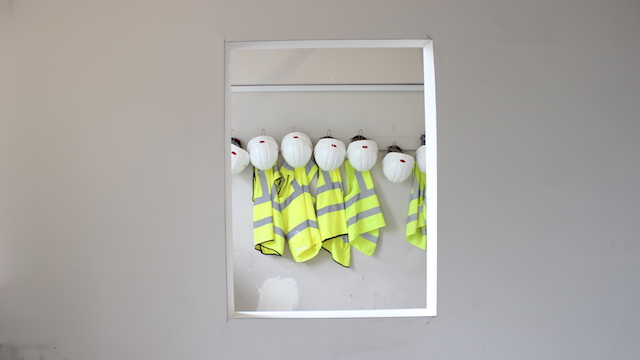Effective public relations (PR) is essential for businesses in the construction and built environment sector who want to build and manage a strong brand reputation, attract new clients, manage their reputations, engage with their target audiences and stay ahead of the competition. However, with multiple construction PR agencies, and even specialist building materials PR agencies, vying for attention, choosing the right one can be a daunting task.
Unhooked Communications was named the Best PR Agency at the Construction Marketing Awards 2022. Here, we outline a step-by-step guide on how you can find the most suitable PR agency to help you meet your objectives.
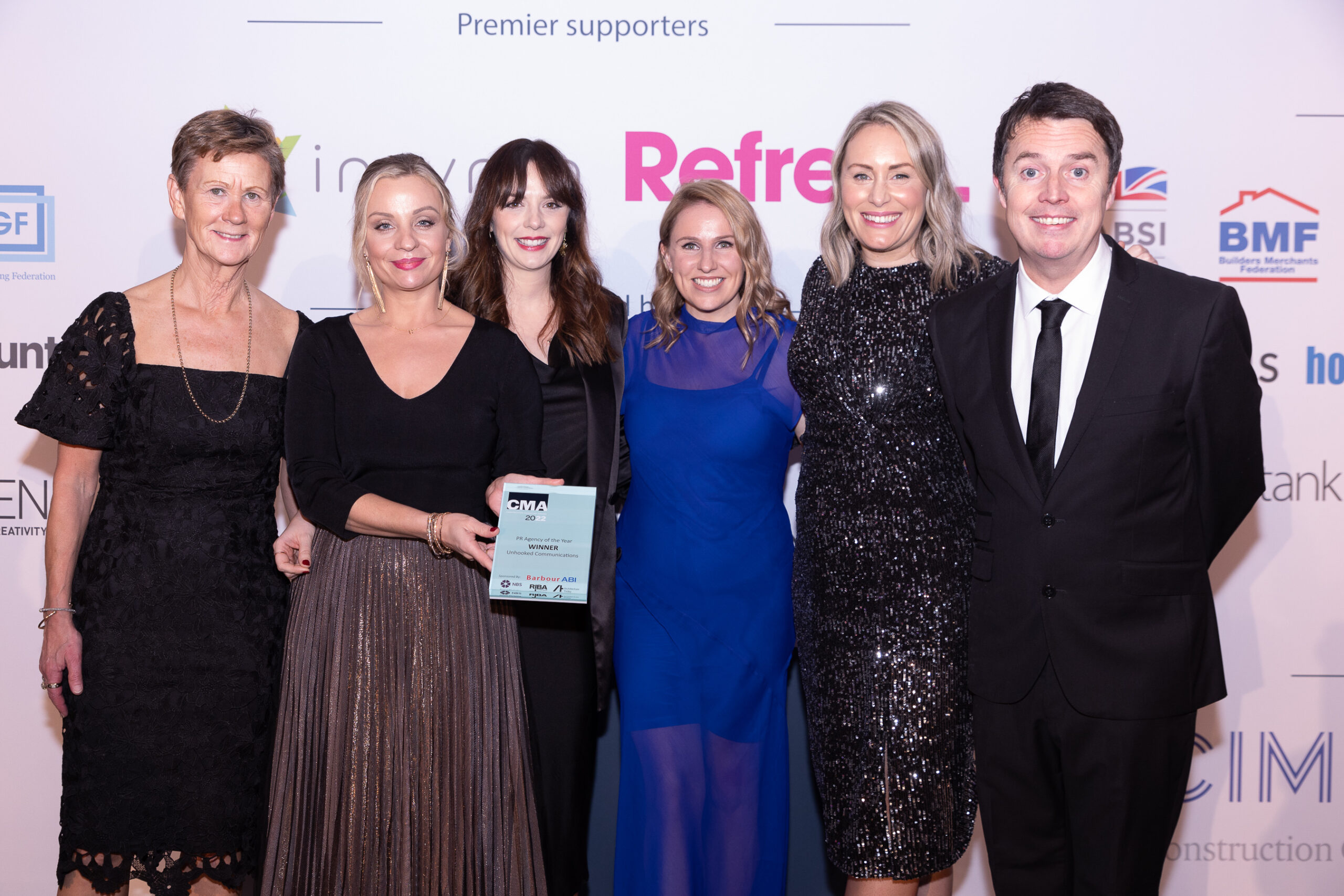
Understanding the importance of a construction PR agency
A construction PR agency does more than just get their clients in the media, although media relations and press office activities are often part of what we do for clients. Based on a solid and bespoke PR strategy, our PR services can help businesses in the construction and built environment sector:
- Develop and build their brand
- Raise awareness of their business, products, services and expertise
- Build trust and credibility
- Manage their reputations
- Attract and retain talent
- Position them as a thought leader
- Set them apart from their competitors
- Engage directly with their target audiences
- Launch products and services
- Celebrate the achievements of the business and its people
- Drive traffic to their website, build links and boost SEO
- Develop new and exciting partnerships
- Increase enquiries, generate sales and get results that tap into wider business objectives
Developing your construction PR brief
When approaching PR agencies, it’s important to have a clear brief. As a minimum, this should cover:
- An introduction to your business
- Your business objectives
- Target audiences
- Competitors
- USPs / value proposition
- What you’re hoping PR will achieve
- Approximate budget
If you’re not sure what to include in the brief or how to brief potential agencies, don’t worry – contact us and we can set up a call to discuss your needs and help develop your PR brief together.
Or, if you’re not even sure if PR is right for you, but you know you need to take a step back, review your current marketing activity and work out your next steps, we also offer half day and full day consultation sessions with marketing directors, managers and teams. During these sessions, we take time to get to know your business, challenges, opportunities, and goals. From the discussions and interactive exercises, we go away and create a recommended marketing strategy and plan and will advise what role PR could play in it.
Researching construction PR agencies
There are multiple ways you can research potential construction PR agencies to contact. For example:
- Online search: Try to be as specific as possible in your online search to get the most relevant results.
- Awards: The Construction Marketing Awards are probably the most reputable accolades for the construction and built environment and you can see which agencies have won or been shortlisted in the different categories on its website.
- Recommendations: Ask your network and contacts if they can recommend any good PR agencies that specialise in construction, building materials and the built environment.
- Creds, case studies and testimonials: As well as looking at potential agencies websites, contact them to see if they have a creds document with additional case studies and testimonials. If you’d like a copy of our creds document, please contact Unhooked MD, Claire Gamble - [email protected].
- Thought leadership: Look at what the agency does in terms of its own thought leadership and investment into construction PR. For example, at Unhooked we invest in our own market research, produce relevant reports, deliver workshops and talks for organisations and universities, and partner with industry leading initiatives, such as City of London’s Skills for a Sustainable Skyline Taskforce.
When you’re researching construction PR agencies, you may well find you come up with a long list of potential firms. If we’re on that list of agencies, we welcome the opportunity to have a short introductory call so both sides can meet and have an initial conversation. If both sides feel that there is a potential fit in terms of experience, approach, ethos and culture, then it’s time to start thinking about the next steps of selecting your PR agency.
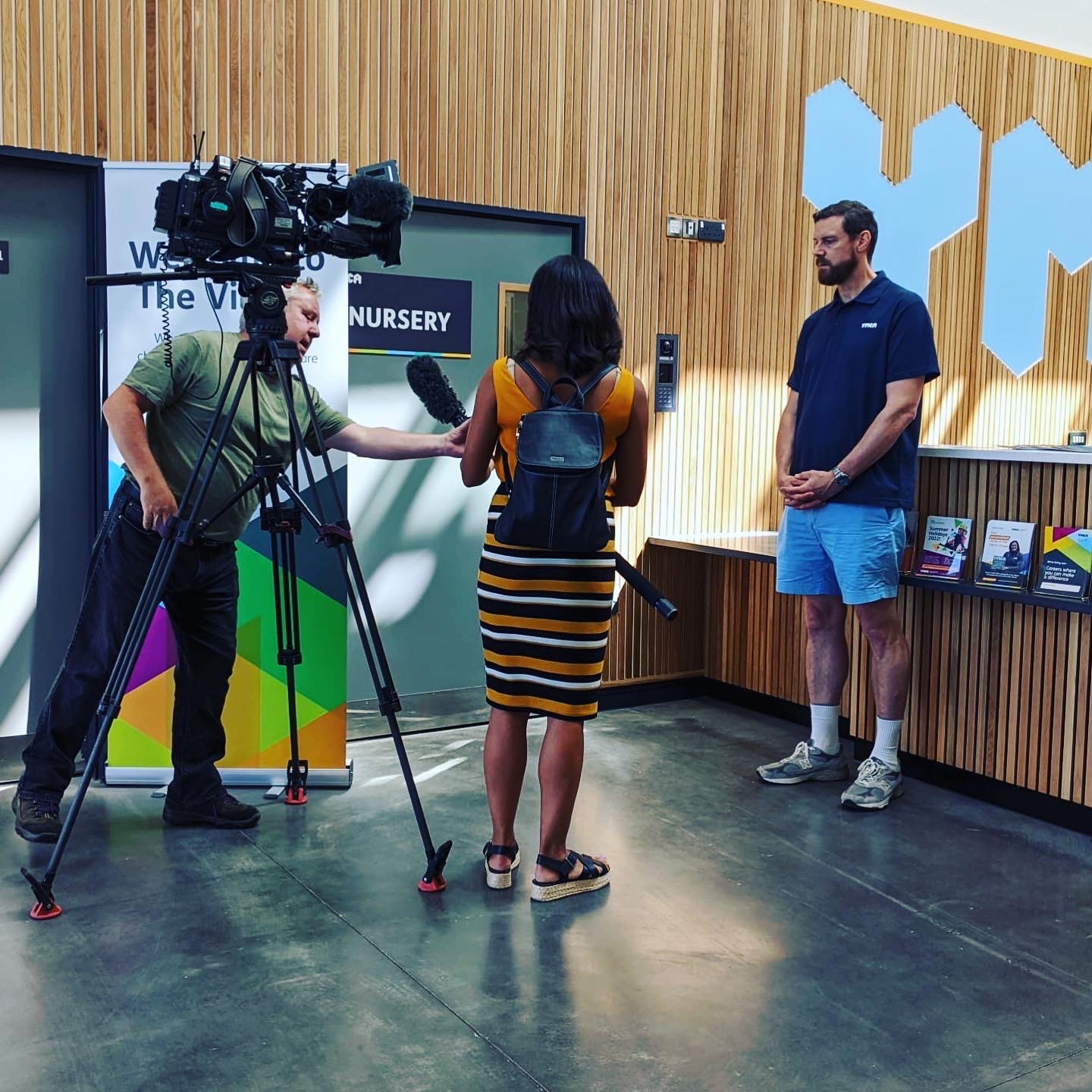
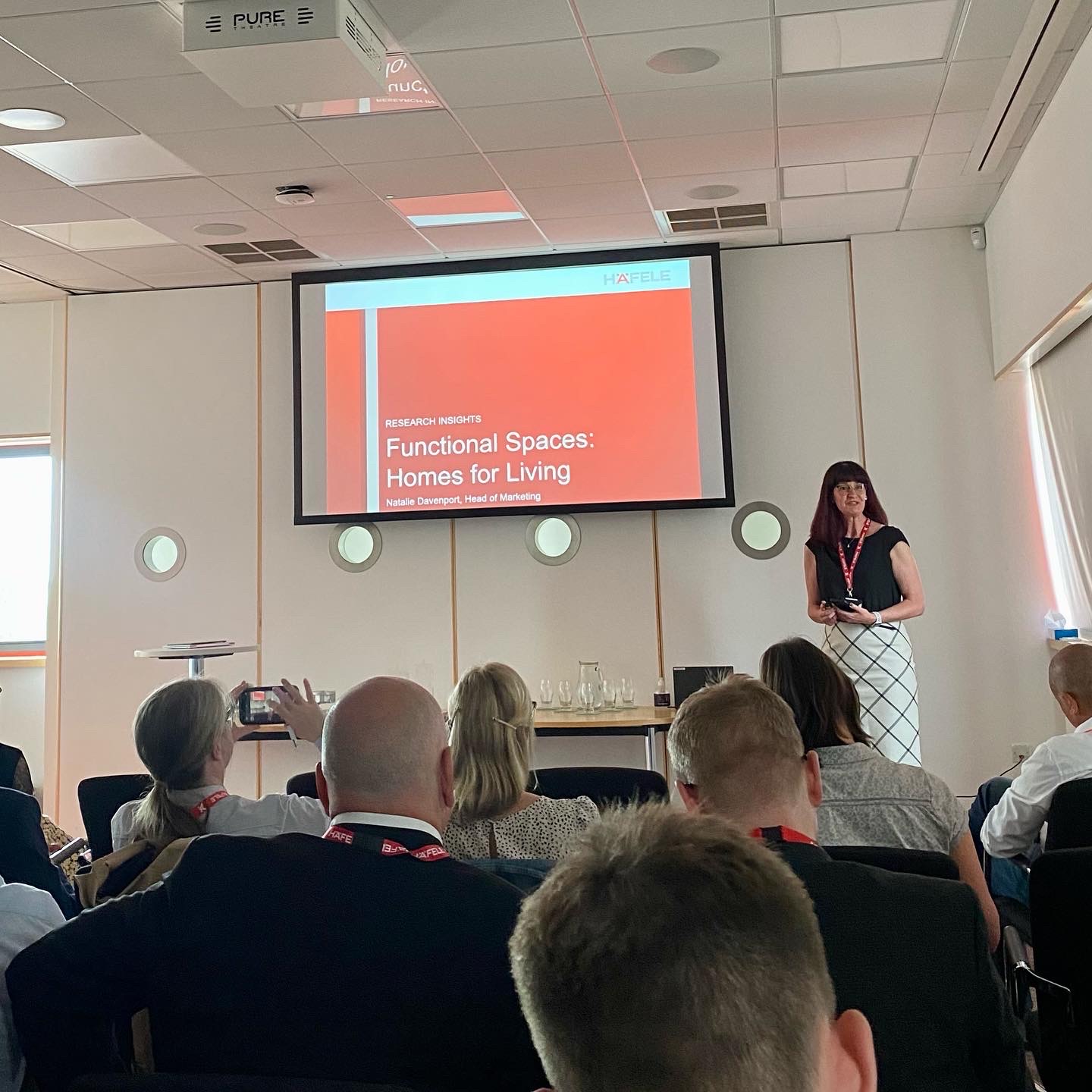
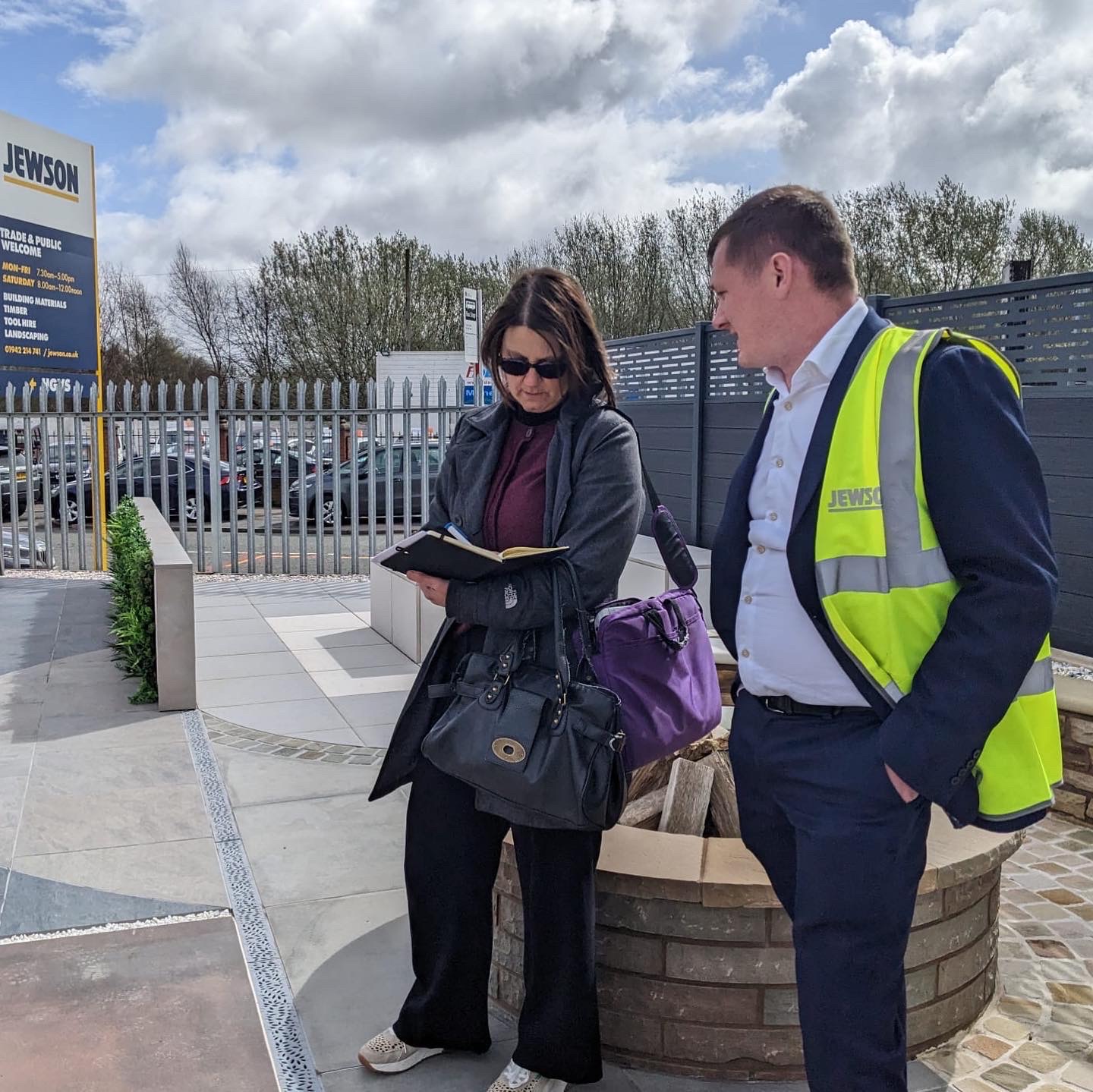
The proposal and pitching process to choose a PR agency
All businesses will have their own preferred way of going through the proposal and pitching process. Below is an overview of how we typically work with potential new clients during the proposal and pitching stage, along with some tips to help both you and the agencies you’re approaching.
- Limit how many agencies you’re inviting to submit a proposal: Developing proposals takes time for the agencies, and reviewing proposals takes time for the client. Therefore, it’s best practice not to invite too many agencies to submit their proposals. Three seems to be the magic number when it comes to how many agencies businesses tend to invite to the proposal and pitching stage, although there may be fewer. We always ask clients how many other agencies are pitching – if there are too many, we may decide not to progress with the pitching process due to a number of risk factors.
- Set aside time for briefing call: Once you’ve shared your PR proposals with the agencies, you should allocate some time to have a call to go through any questions they may have. Depending on the nature of your PR brief, the PR agency may want to come and see you in person – for example, on site if it’s for a particular construction and building project.
- Proposal or pitch? Before the pandemic, it was more common for us to be invited to pitch our proposal in person. More often than not, when we pitched, it would be the first time the marketing team or business had seen our proposal. However, now, it’s more mixed. Some clients request to see a proposal in the first instance. Once they’ve reviewed it, they may ask all agencies to pitch either virtually or face-to-face. Or they may use the initial review of the PR proposals to eliminate one or two agencies from the process and only invite the remaining agencies to pitch. If it’s possible, we always welcome the opportunity to pitch in person, but we know that due to factors like time pressures and distance this isn’t always possible, and we’re now well-versed in pitching online.
- Questions and refinement: When we pitch to potential clients, we usually include several campaign ideas, as well as different PR packages that can be scaled up and down. After we’ve shared our proposal and/or pitched to them, we then welcome them to reflect on what we’ve shared and come back with any questions or feedback. This enables us to refine our proposal to ensure it’s in line with what they're looking for, while still being a PR strategy that we’re confident we can deliver. Of course, there are instances when clients appoint an agency straight away off the back of the proposal and pitch stage, but then often the specific details of the strategy and plan are refined during the strategy workshop.
Considerations when evaluating which PR agency to work with
The most important factors to consider will depend on your business and brief, but some things to consider when reviewing which PR agency to work with are:
- Who will the team be carrying out the day-to-day work? Some agencies will ‘pitch then switch’ – i.e. bring in the senior team to pitch, before switching to a more junior team to carry out the work after they’ve been appointed. At Unhooked, all of our team are senior PR consultants with a minimum of 10 years' experience.
- Do they have relevant sector and tactical experience? This isn’t always necessary – good PR professionals should be able to apply their skills and knowledge to almost any business – but we find with specialist sectors like construction and the built environment, it can be a big benefit to work with a specialist agency who understands the industry.
- Check their credentials: As well as looking at award wins, case studies and testimonials, you could ask the agency if they’re happy to put you in touch with any clients for references.
- Measurement and evaluation: This should come up in the proposal and pitch process, but check with them how they monitor, measure and evaluate the success of PR campaigns.
- Ability to scale up: It’s useful to know if the agency has the ability to scale up as your business grows and/or the opportunity arises to work on additional or bigger PR campaigns. Our agency model means we're able to scale effectively as our clients and briefs grow and develop.
- Pricing model and structure: Check you understand what’s included in fees, and look out for any hidden costs. Don’t automatically just choose the cheapest agencies - if you’re looking for senior PR consultants with specialist construction experience, this may come at a slightly higher cost, but you usually get enhanced value, a more premium level of service and support, and additional consultancy that you wouldn’t get otherwise.
- Chemistry and rapport: Both the client and agency need to trust each other and feel like they can have a good working relationship. Strong client-agency relationships are based on good communication, from both sides, so it’s important a positive relationship is established from the start.
Choosing the right construction PR agency is a crucial decision that can significantly impact your business's success. We hope the steps in this guide have helped you as you start searching for a PR agency.
If you’d like to receive our creds document, have help developing your PR proposal, or set up a call to see if we could potentially work together, contact us today!

